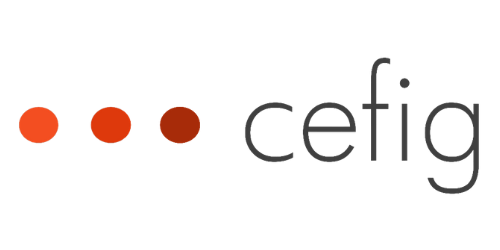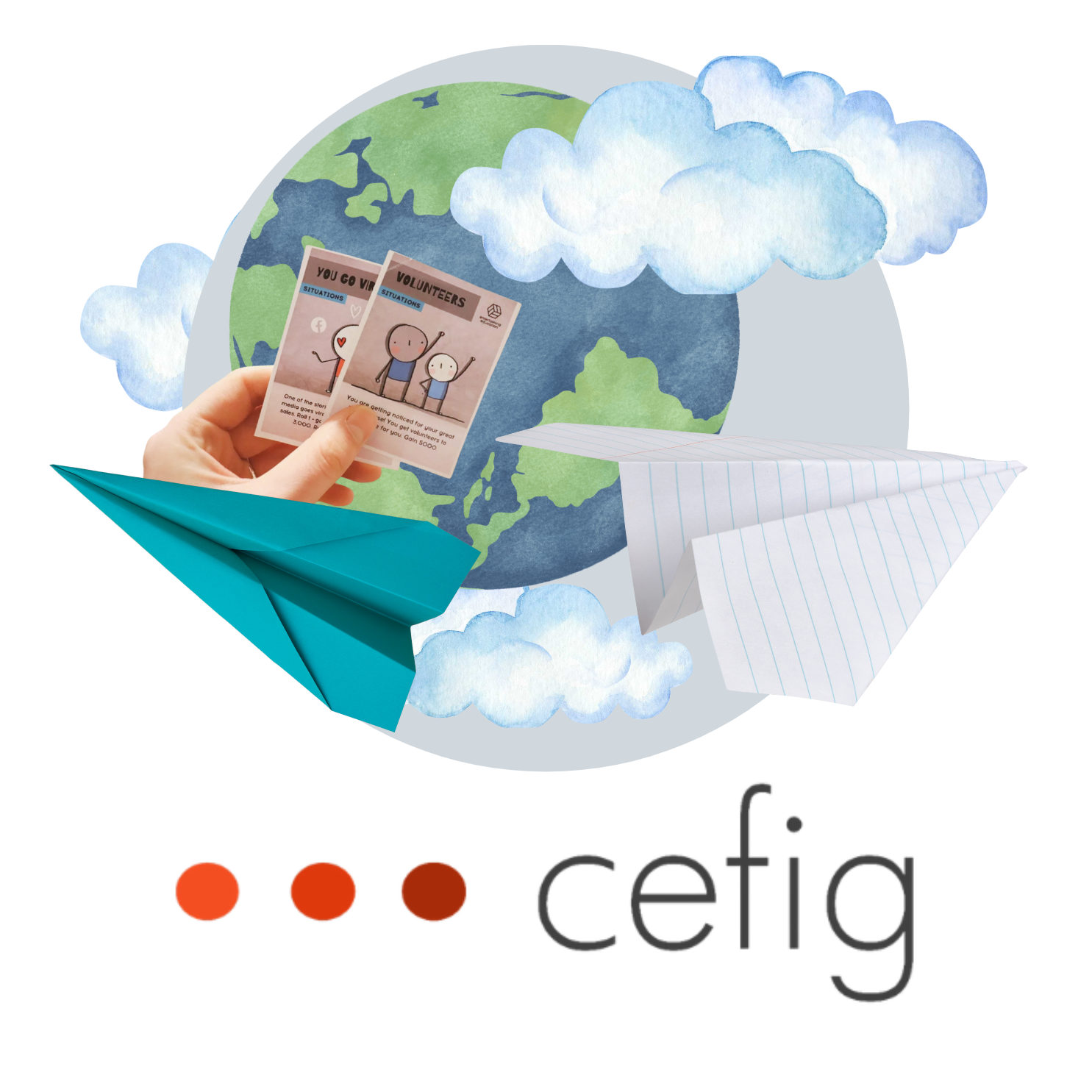Erasmus+ Training Course on Media Literacy and Critical Thinking Held in Kolín, Czech Republic
04/01/2025 – 12/01/2025 Kolín, Czech Republic
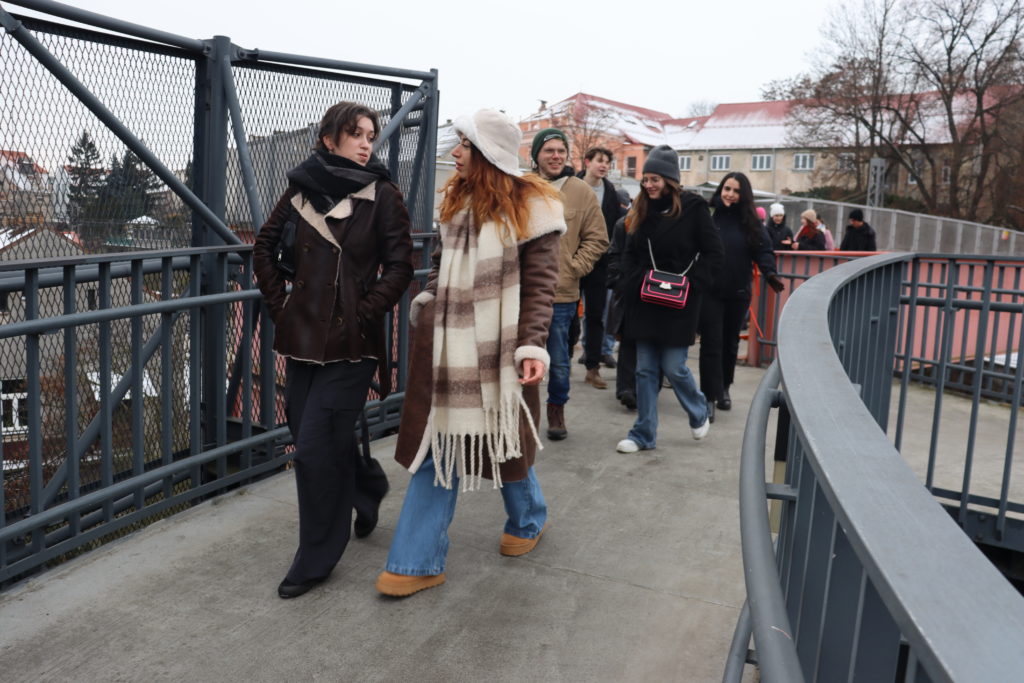
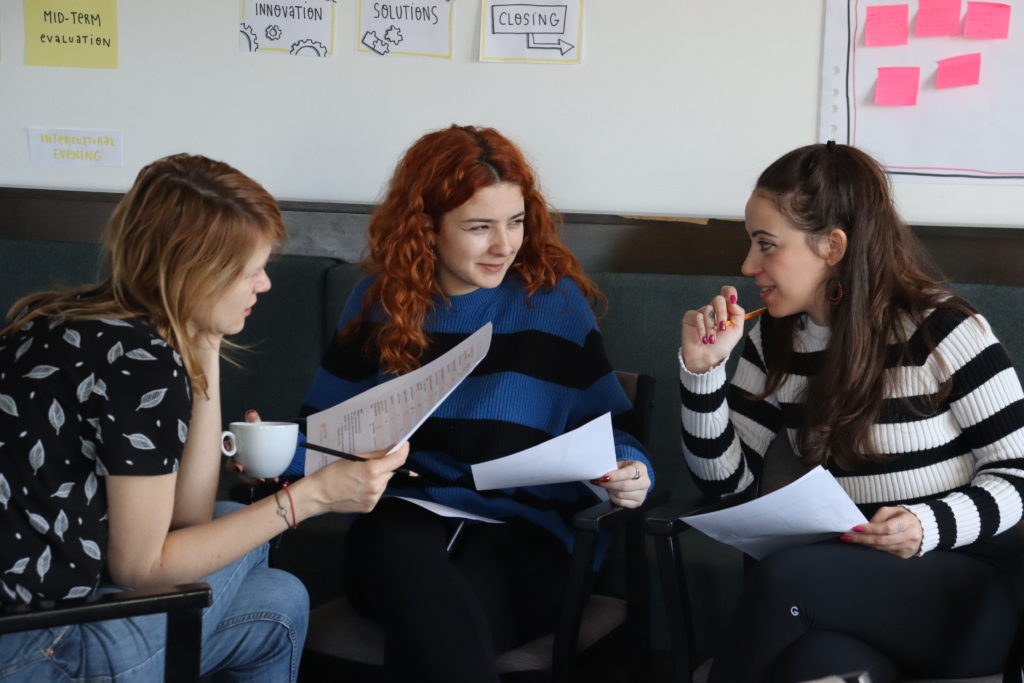
In January, the charming town of Kolín, Czechia, became the meeting point for an exciting Erasmus+ training course called “Make Sense.” Designed to tackle critical thinking and media literacy, the program brought together a vibrant mix of participants from eight European countries, including Italy, Latvia, Slovakia, Malta, Poland, Portugal, Romania, and, of course, Czechia.
For a whole week, the group worked together to untangle the messy world of misinformation, learn practical fact-checking tips, and sharpen their problem-solving skills. With a packed schedule of workshops, debates, and hands-on activities, it was an unforgettable experience for everyone involved.
Objectives of the Training Course
The “Make Sense” training course had clearly defined goals aimed at addressing the challenges of misinformation and the ever-growing flood of information in the digital age. Participants worked towards:
- Developing Skills to Critically Evaluate Information:
Exploring methods to assess credibility, context, and intent behind various media messages. - Fact-Checking and Verifying Information:
Practicing strategies to identify trustworthy sources and cross-reference claims for accuracy. - Recognizing and Avoiding Logical Fallacies:
Learning to spot errors in reasoning that could lead to faulty conclusions or manipulation. - Formulating and Testing Hypotheses Critically:
Encouraging curiosity and precision by building well-supported, evidence-based arguments. - Enhancing Problem-Solving Through Structured Thinking:
Applying systematic approaches to dissect and solve real-world challenges effectively.
Program Highlights
The training course featured a blend of expert-led sessions, peer-to-peer learning, and experiential exercises. Some of the standout activities included:
- Media Analysis Workshops: Participants examined case studies of news articles, social media posts, and advertisements to identify bias and misinformation.
- Interactive Debates: These sessions allowed attendees to practice forming logical arguments and counterarguments in a constructive environment.
- Fact-Checking Simulations: Guided by mentors, participants used digital tools to verify the authenticity of claims found online.
- Cultural Exchange Evenings: Beyond the workshops, participants celebrated their diverse cultures through food, music, and storytelling, fostering a deeper connection among the group.
Why “Make Sense” Matters
As media consumption continues to evolve, the ability to think critically and discern credible information has become a crucial skill. “Make Sense” provided its participants with a robust toolkit to navigate the complexities of digital communication, making them more informed and responsible consumers of information.
The program underscored the importance of collaboration and lifelong learning in addressing global challenges. By bringing together individuals from different cultural and professional backgrounds, the Erasmus+ initiative not only enhanced participants’ competencies but also strengthened bonds between European nations.
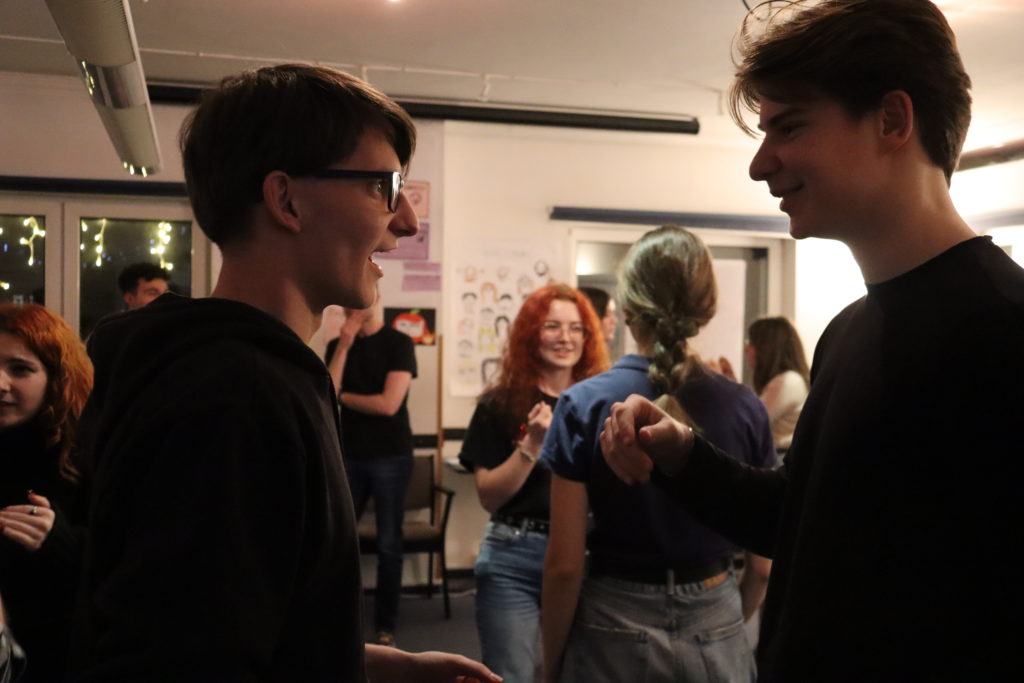
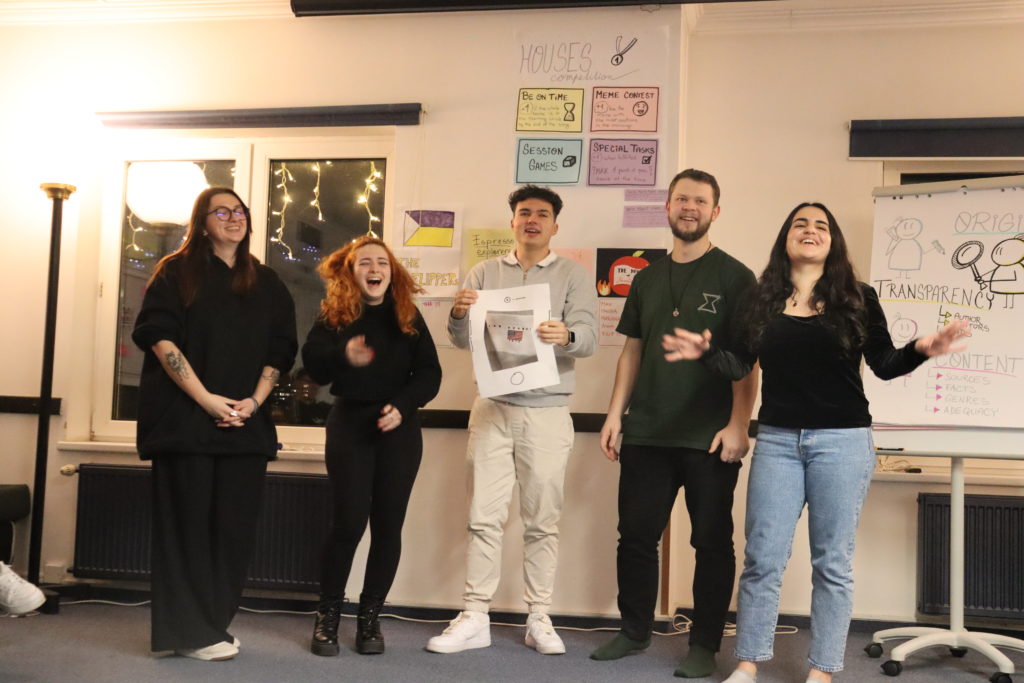
Looking Ahead
As the participants return to their respective countries, they carry with them the insights and skills gained during “Make Sense.” Whether in education, journalism, policy-making, or everyday interactions, they are now better equipped to champion truth, reason, and media literacy in their communities.
With its impactful objectives and engaging format, “Make Sense” stands as a shining example of how Erasmus+ projects can inspire meaningful change and foster critical skills for the future.
Stay tuned for updates on future initiatives and follow us to learn more about how Erasmus+ is shaping informed, engaged citizens across Europe.
🌎 Erasmus+ Training Course “Make Sense” is funded by the Erasmus+ Programme.

